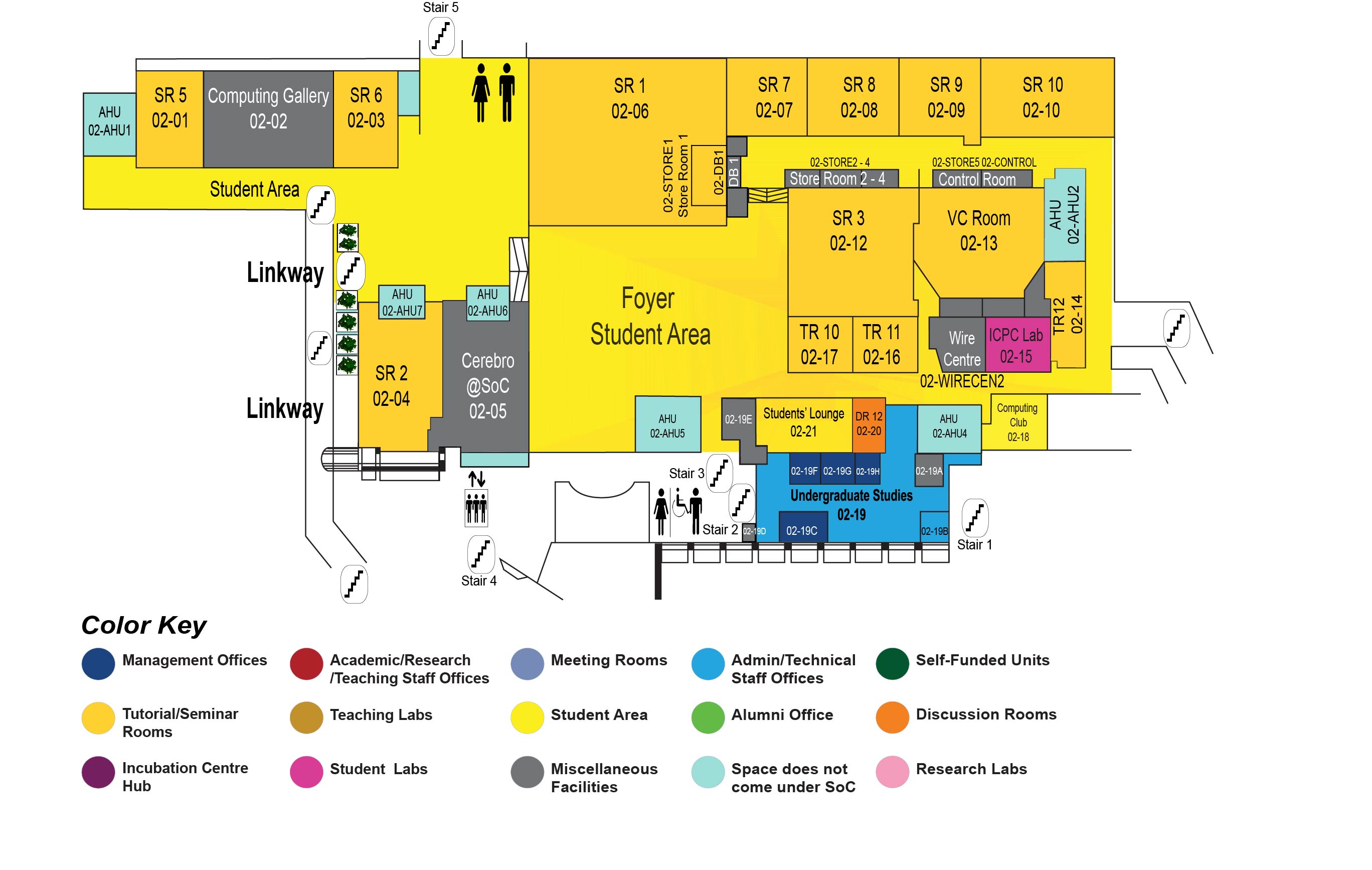Autonomy and Privacy with Federated Virtual Assistants
COM1 Level 2
SR1, COM1-02-06 NB: There will be refreshments after the talk, outside SR1 (foyer).

*No registration needed.
Abstract:
Virtual assistants, such as Alexa, Google Home, and Siri, are emerging as the super app that gives users a personalized natural-language interface to their IoT devices and online services. As an intermediary, the virtual assistant sees all our personal data and has control over the services and vendors we use. A monopolistic virtual assistant would pose a major threat to personal privacy as well as open competition and innovation.
This talk presents Almond, an open, crowdsourced, federated virtual assistant that offer consumers autonomy and protection of privacy. Unlike commercial assistants where every skill needs to be hardcoded, Almond users can use natural language to teach the assistant custom tasks involving multiple services and IoTs. Users can also control who, what, when, where, how their data are to be shared. As an open-source project, Almond protects privacy by letting users own and choose their host for their personal data.
We welcome collaboration from researchers in machine learning, programming languages, distributed systems, and human-computer interaction to create the world's best, open virtual assistant.
Biodata:
Dr. Monica Lam has been a Professor of Computer Science at Stanford University since 1988, and is the Faculty Director of the Stanford MobiSocial Computing Laboratory. She has made significant contributions to the field of compilers for high-performance machines and open communication platforms for mobile computing. Her research has been widely adopted in industry, including two startups she helped found: Tensilica, a configurable processor core company and Omlet, an open mobile gaming social network company. She leads the Almond open virtual assistant project, which protects privacy and data ownership through user-friendly decentralized systems.
Prof. Lam is an ACM Fellow, has won ACM-SIGSOFT and ACM-PLDI best paper awards, and has published over 150 papers on compilers, computer architecture, operating systems, high-performance computing, databases, security, and HCI. She is an author of the "Dragon Book'', the definitive text on compiler technology. She received a B.Sc. from University of British Columbia (1980) and a Ph.D. from Carnegie Mellon University (1987).

